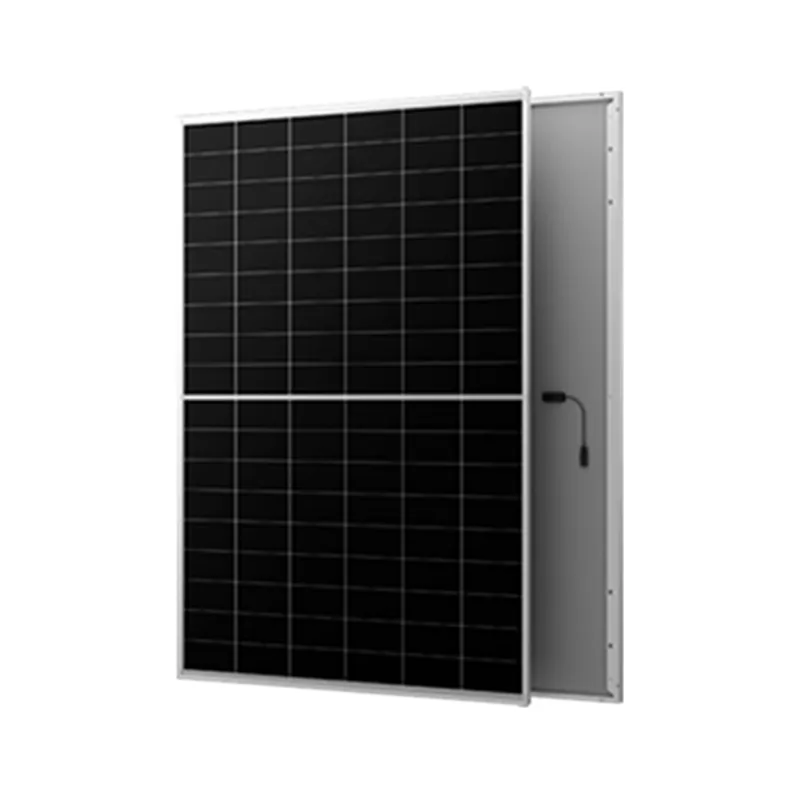Types of Hybrid Inverters - Comprehensive Guide
Types of Hybrid Inverters
Hybrid inverters have gained significant popularity in recent years as more people seek sustainable energy solutions for their homes and businesses. Unlike traditional inverters, which solely convert direct current (DC) from solar panels into alternating current (AC) for home use, hybrid inverters combine various energy sources, including grid power, solar energy, and battery storage. This versatility not only enhances energy efficiency but also provides backup power, making them a favored choice among eco-conscious consumers. In this article, we will explore the main types of hybrid inverters.
1. Grid-Tied Hybrid Inverters
Grid-tied hybrid inverters are the most common type of hybrid inverters. They connect to the electrical grid and allow for the seamless exchange of electricity. These inverters optimize energy consumption by using solar power when available and drawing from the grid when necessary. They also enable users to feed excess solar energy back into the grid, often leading to financial incentives or credits. Grid-tied hybrid inverters are perfect for homeowners who want to reduce their energy bills and minimize their carbon footprint, provided they remain connected to the grid.
Off-grid hybrid inverters are designed for applications where a connection to the power grid is not available. These inverters draw energy from batteries that store solar power, ensuring that users have a reliable energy source at all times. Off-grid hybrid systems are particularly useful in remote locations or during emergencies when grid power is unavailable. They typically require a larger battery capacity to meet energy demands, making them a substantial investment. However, they offer self-sufficiency and independence from utility providers, appealing to those who prioritize energy autonomy.
types of hybrid inverters

3. Battery-Based Hybrid Inverters
Battery-based hybrid inverters can function both in grid-tied and off-grid configurations, making them highly adaptable. They manage electricity from solar panels, the grid, and battery storage, efficiently directing power where it is needed most. This type of inverter allows users to store excess solar power in batteries, which can be utilized during the night or on cloudy days. Battery-based hybrid inverters are ideal for individuals looking to maximize their solar investment and ensure a constant power supply regardless of weather conditions or grid outages.
4. Multi-Mode Inverters
Multi-mode hybrid inverters are a more advanced option, allowing users to operate in various modes depending on their energy needs. They can seamlessly switch between grid-tied, off-grid, and battery backup modes, providing flexibility based on availability and user preferences. These inverters are often equipped with smart technology, enabling remote monitoring and real-time energy management.
Conclusion
Hybrid inverters represent a transformative step towards a greener, more efficient energy future. Whether through grid-tied, off-grid, battery-based, or multi-mode systems, each type offers unique benefits tailored to different energy needs. As renewable energy continues to evolve, hybrid inverters will remain a cornerstone of sustainable living, providing reliable and versatile energy solutions for all.
-
Understanding the Advantages of Solar String Inverters for Your Energy SystemNewsApr.29,2025
-
Choosing the Right PV Inverter: A Comprehensive GuideNewsApr.29,2025
-
The Future of Solar Power: Exploring Bifacial Solar PanelsNewsApr.29,2025
-
The Complete Guide to Solar Panels: Efficiency, Cost, And InstallationNewsApr.29,2025
-
The Best Options for Efficiency and Cost-EffectivenessNewsApr.29,2025
-
Harnessing the Power of Off-Grid Solar Inverters for Energy IndependenceNewsApr.29,2025







